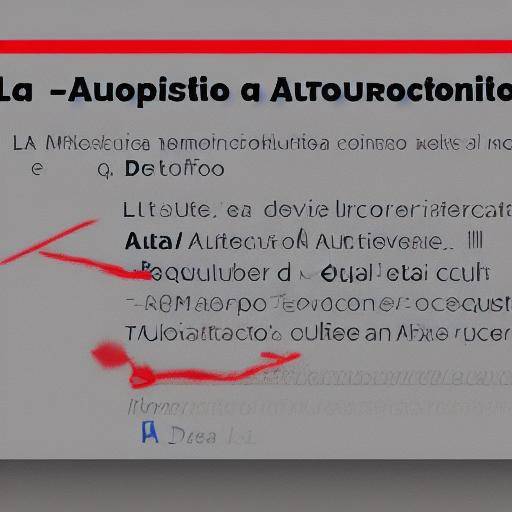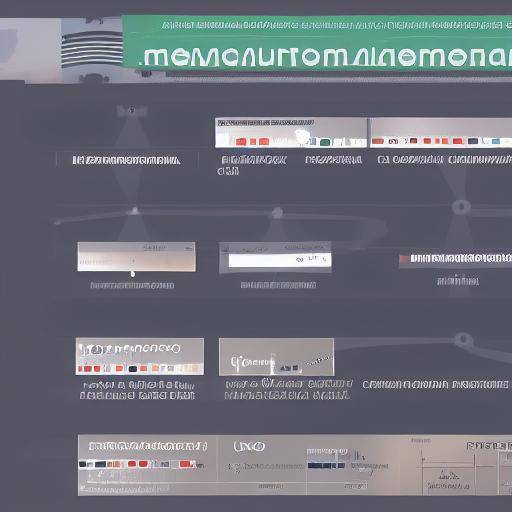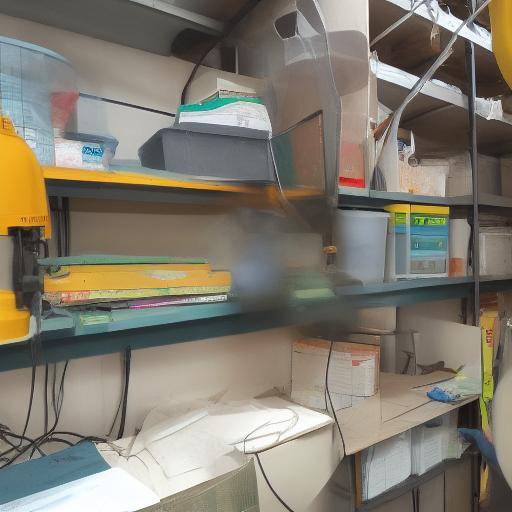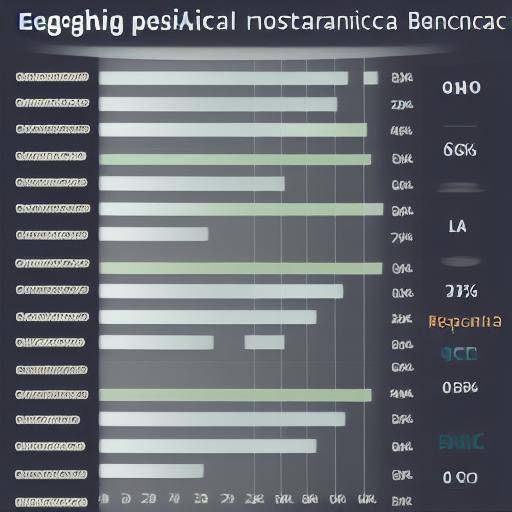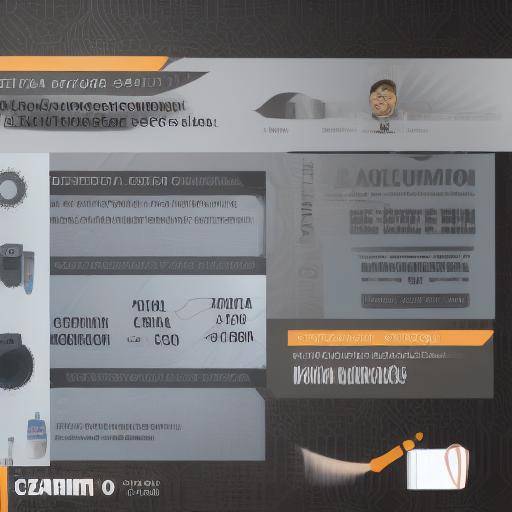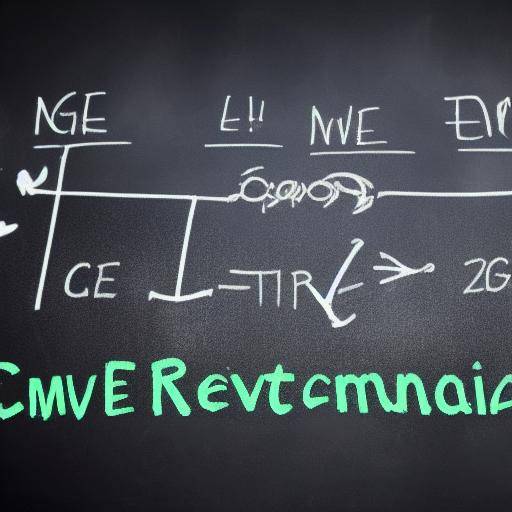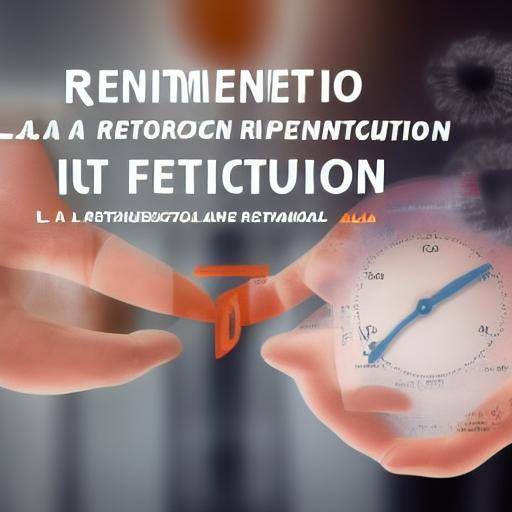
Introduction
Feedback is a fundamental element in the personal and professional growth of any individual. This constant feedback provides an opportunity to continually improve, both individually and in working environments. In this article we will explore in detail the importance of feedback, its impact on personal and professional development, as well as its relevance in the current context.
History and background
The practice of feedback has profound roots in the history of humanity. Since ancient times, feedback has been key in evolution and improvement both individually and collectively. Various techniques and approaches have been developed over the years to provide and receive information effectively.
The evolution of feedback goes back to ancient civilizations, where teachers and apprentices used this method to perfect skills and knowledge. With the advent of psychology and social sciences, comments began to be studied in a more formal context, allowing the development of theories and methodologies based on their practical application.
In the business area, feedback has been critical to improving productivity, efficiency and job satisfaction. Constant feedback has proven to be an invaluable tool in team management and leadership development.
Detailed analysis
The feedback offers a multitude of benefits at both personal and professional levels. On a personal level, it allows to identify areas of improvement and consolidate strengths. In working environments, effective feedback can increase motivation, improve performance and foster a positive working environment.
However, the process of giving and receiving feedback can present challenges, especially when it does not focus on constructive development. Factors such as assertive communication, empathy and clarity of expectations are essential for effective feedback.
In the current context, feedback has become a key tool for performance management and professional development. Organizations that foster a culture of continuous feedback tend to be more innovative, agile and adaptable in an increasingly competitive and dynamic business environment.
Comprehensive review
Feedback can be applied in various ways in personal and work environments. Strategies such as the "feedforward" model, self-evaluation and 360° evaluation are just some of the methodologies used to promote a continuous improvement process.
It is essential to understand that feedback should not only focus on identifying negative aspects, but also on recognizing and strengthening strengths. This balanced approach is critical to fostering comprehensive and sustainable development.
Comparative analysis
The term "retro-food" and its practical application in continuous improvement has become a central aspect in the management of talent and organizational development. The concept has spread beyond the labour sphere, covering areas such as education, health and personal well-being.
The parallel between feedback and continuous improvement is evident, as they nourish and feed each other. Effective feedback is a fundamental pillar to promote continuous improvement in all aspects of life.
Practical advice and recommendations
- Look for feedback actively and receive it with open mind.
- It provides comments constructively, specifically and focused on growth.
- Use modern tools and techniques to efficiently collect, analyze and apply feedback.
Conclusions and FAQs
Conclusions
Feedback is an essential component in personal and professional growth. Its value lies in the capacity to promote development, promote excellence and strengthen relationships both in the personal and labour spheres.
Frequently asked questions
- What is the difference between positive and negative feedback? Positive feedback focuses on recognizing and strengthening behaviours or actions aimed at fostering, while negative feedback seeks to identify areas of improvement and propose constructive improvements.
- What is the importance of feedback in talent management? The feedback on talent management is crucial to identifying strengths, development areas and aligning individual goals with those of the organization.
- How can I receive comments effectively? To receive feedback effectively, it is essential to listen carefully, to show openness to constructive criticism and to try to understand the perspective of the issuer.
- Why is feedback important in working environments? The feedback in working environments promotes development, promotes productivity and strengthens organizational culture.
- What role does feedback play in continuous improvement? Feedback is the cornerstone of continuous improvement, as it provides valuable information to adjust and refine performance and processes.
- How to promote an effective feedback culture in an organization? In order to foster an effective feedback culture, it is essential to establish open channels of communication, provide training in feedback skills and openly recognize the importance of feedback in individual and organizational development.
In short, feedback, feedback and continuous improvement play a crucial role in personal and professional growth. Understanding its importance, adopting effective practices and fostering a culture of constructive feedback, people and organizations can foster meaningful and sustainable growth in all aspects of life and work.








